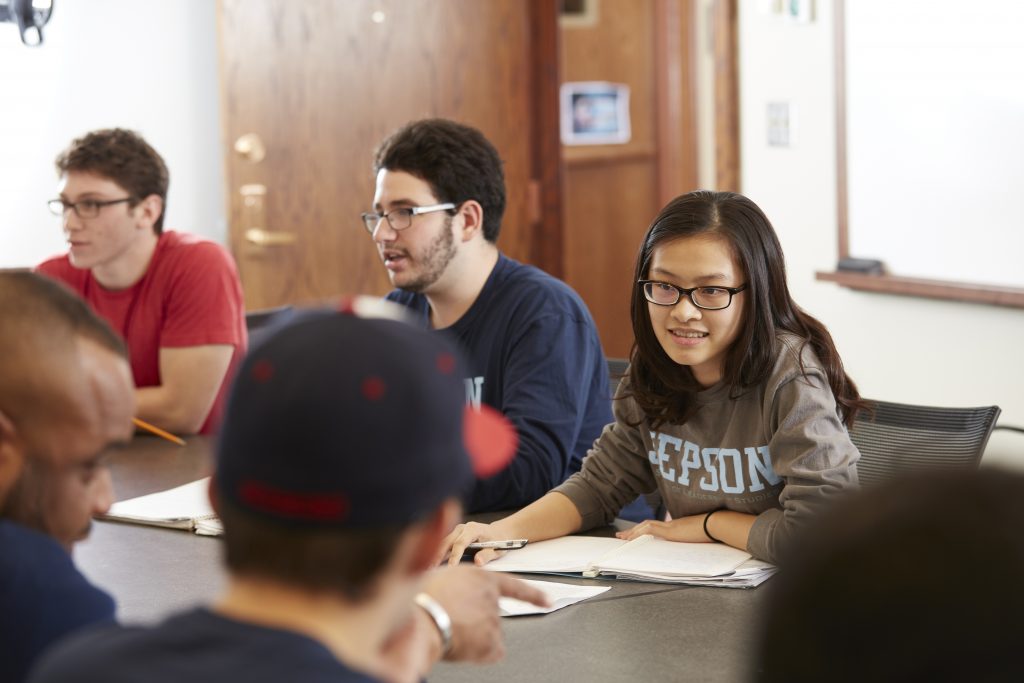Close to a decade ago, I published an opinion piece in USA Today: “Ethics in an Uncivil Age” (30 September 2010). At the time, it seemed that we were at a watershed, when incivility was at an all-time high. Of course, we know now that it was not. We have seen public discourse degenerate severely on college campuses, in the media, and in politics at all levels—so much so that now I wonder how I could have thought we were at a watershed moment back then!
Unfortunately, with a few exceptions, universities and colleges have moved even farther away from civility: shrillness, attacks, unwillingness to listen, and vitriol abound. Students at Middlebury College and Evergreen College have made national headlines for being unwilling to listen to speakers with whom they disagree.

What can campus administrators do to help students practice real listening? Universities must take a lead in teaching for and about ethics. Ethics knows no disciplinary boundaries. It intersects with the study of the law, leadership, business, government, science, history, and civics. It lends itself to practical lessons, internships, doing.

While one would be foolish to suggest that ethics is divorced from politics, leadership ethics is more neutral than many subjects: morally fraught actions and scandals abound in both parties. Perhaps the first lesson for the leadership ethics student is that we are all subject to temptation so we must understand how best to deal with temptations.
The social psychologist Jonathan Haidt has argued, “We think we are scientists discovering [when it comes to moral judgments], but actually we are lawyers arguing for positions we arrived at by other means.” I take his point, but I think that sometimes people simply assert our position without resort to argument or science. That’s a problem that extends beyond the college campus.

Comments are closed.